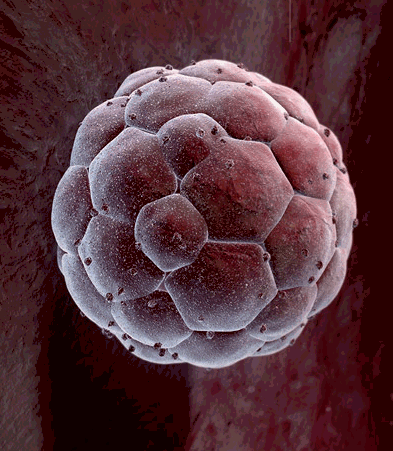expos4ever
Well-Known Member
- Oct 22, 2008
- 10,663
- 5,771
- Country
- Canada
- Faith
- Christian
- Marital Status
- Private
I suggest you are perhaps, but certainly less obviously so than "interpreter", effectively begging the question at issue with this image.What about this?

Is that a baby?
Of course, this does not look like a baby. And, of course and as already conceded, this clump of stuff cannot feel pain, think, have awareness etc. But I think it is premature to thereby conclude that the destruction of this entity is not an immoral act. For example, while it is not a baby, it will very likely become a baby if nature is allowed to take its course.
Now please do not misrepresent me: I am not saying that this (what I just pointed out) means that we can conclude it's immoral to destroy this clump. I just think things are more complicated than your post could be read as implying.
Upvote
0

